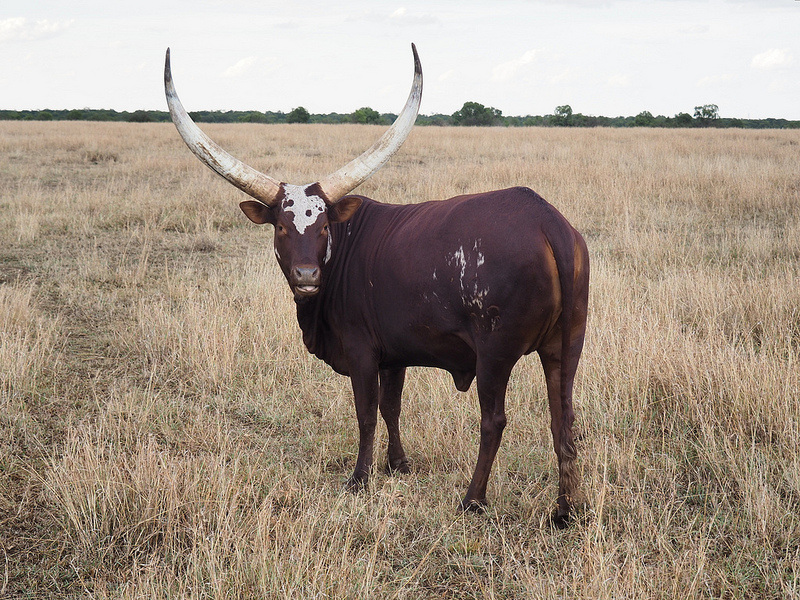C.R.E NOTES & TUTORIALS
TRADITIONAL AFRICAN UNDERSTANDING OF WEALTH AND POVERTYWealth
Assignment
Acceptable ways of acquiring wealth in T.A.S
Cattle
Poverty
Poverty was viewed as punishment or curse for wrongdoing. Other causes of poverty according to African Traditional Society were: -
List seven ways in which wealth is acquired in traditional African communities. (7 marks)
Explain how introduction of money affected traditional African society
2 Comments
17/11/2023 05:52:54
The use of wealth in African society varies across different cultures and regions, as the continent is diverse with numerous distinct societies and traditions. It's important to note that Africa is not a homogeneous entity, and practices related to wealth can differ significantly between countries and ethnic groups. However, there are some common themes and principles that can be observed in the use of wealth in African societies:
Reply
Leave a Reply. |
AuthorAtika School Team Archives
October 2023
Categories
All
|
We Would Love to Have You Visit Soon! |
Hours24 HR Service
|
Telephone0728 450425
|
|
8-4-4 materialsLevels
Subjects
|
cbc materialsE.C.D.E
Lower Primary
Upper Primary
Lower Secondary
Upper Secondary
|
teacher support
Other Blogs
|

 RSS Feed
RSS Feed